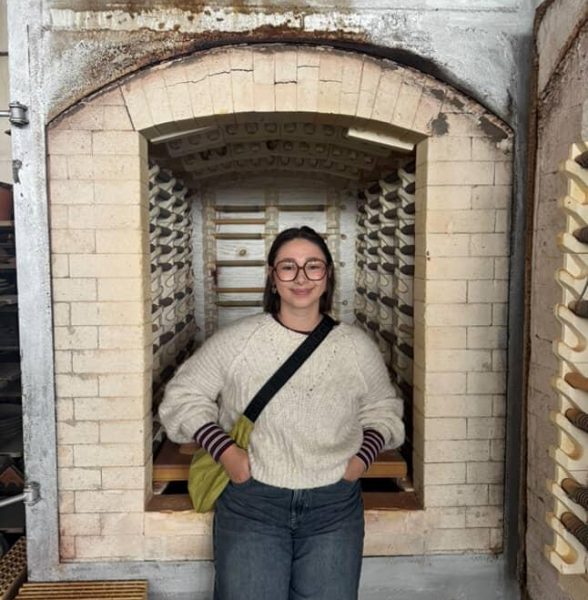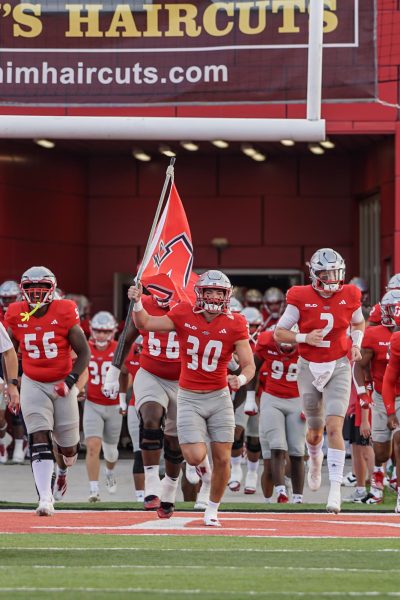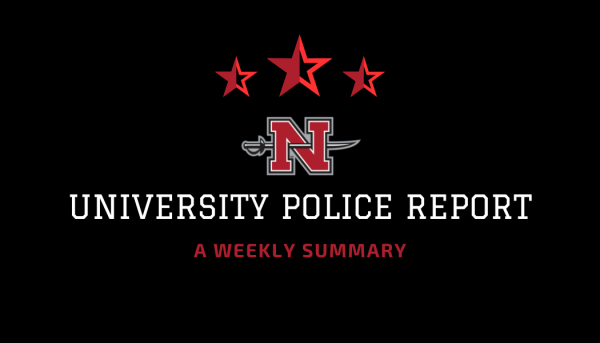Finding $1.1 million in the Nicholls Budget this year
After Governor John Bel Edwards announced higher education would be safe from more cuts for this fiscal year, Nicholls will still be required to come up with around $1.1 million before June 30 to help cover the 20 percent of TOPS scholarships the state cannot fund.
Murphy said the special session was designed to find money to plug the gap for this fiscal year, which ends on June 30.
“When we started that process, we thought there might be as much as $3.5 million that we would somehow have to come up with and so we were looking at some pretty drastic responses to be able to do that,” Murphy said. “The governor decided they’re not going to put that big cut on higher education; he put it somewhere else.”
Murphy said he breathed a sigh of relief at this news, but wasn’t jumping up and down. Individual institutions across the state will still have to absorb 20 percent of TOPS payments the state could not make, which amounts to around $1.1 million for Nicholls.
“We looked at a number of ways to do that and so it essentially involves taking some risk and maintaining balance. I’m thankful that we didn’t get hit harder,” Murphy said.
The University will be taking money from several places in its budget to cover the costs. Murphy mentioned auxiliary services, places like the cafeteria and bookstore, which are able to generate funds. He also said the University keeps money in a sort of savings account, but it must remain above a certain level or its bonds could be called back or have their ratings downgraded.
Attrition is another way the University plans to save money this fiscal year. When an employee leaves mid-semester, his or her paycheck for the remainder of the year will help cover costs.
“Every job is not filled. So for example, if a professor leaves or goes to another institution or retires, that person’s salary is in the budget for the whole year,” Murphy said. “If they leave in January or March, that money is still in the budget, but the person’s not there getting paid. So attrition is one area where we typically have money available.”
According to Murphy, they plan on filling these now empty positions, but in the mean time, attrition will help the University save some money this year.
“The students should not see any difference at all,” Murphy said. “There won’t be any fewer classes because of this. Students that had their plan to graduate should still be on track. Students that have their TOPS should not have a problem because we’re going to do that. From a student standpoint, we’ll be fine.”
Another part of the University’s plan to save money involves cutting spending. Murphy said, “I sent a letter out to staff and faculty that said we are freezing the spending.
Any emergency spending or other spending will need to be approved at the presidential or vice presidential level. Murphy said that by raising the approval level, “it causes people not to spend as much.”
As for next year, the budget is still up in the air. TOPS is currently being discussed in the legislature and there are several bills up for discussion on how to modify the program into one the state can afford.
Until the legislative session is over and the University knows its budget limitations, Murphy offered words of encouragement for current and future students.
“Students, just hang in there,” Murphy said. “We’re waiting to find out what these things are and we will communicate with the campus community as soon as we know what these numbers are. We’re going to move forward with it and we think we’ll be okay.”






